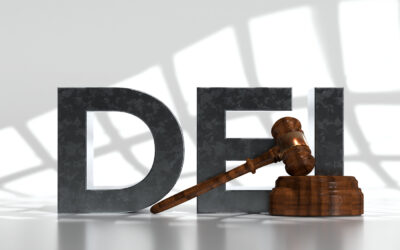A SECOND COURT has ruled that an insurer does not have to pay business interruption claims by companies that saw their sales run dry due to the COVID-19 pandemic, which could make it difficult for businesses to successfully collect on such claims.
In the more recent case, a Superior Court judge in the District of Colombia in August ruled that an insurer was not obligated to pay business interruption claims of the owners of several restaurants after the mayor ordered all restaurants to close in response to the coronavirus.
The judge ruled for the business interruption claims to be valid, there must have been physical loss or damage – and that the plaintiffs failed to prove they had suffered any such losses.
The ruling comes on the heels of a Michigan state court decision in July that sided with Michigan Insurance Company in a casebrought by the owner of two restaurants whose $650,000 business interruption claim the insurer had denied.
These two cases are closely following the wording of typical business property policies, which also include business interruption coverage caused by physical damage.
The District of Columbia case
Mayor Muriel Bowser had issued orders on banning indoor dining, for residents to shelter at home and for all non-essential businesses to close.
The restaurants filed claims on their commercial property policy with Erie Insurance Company, which included coverage for loss of income and/or rental income from a partial or total interruption of business that results directly from loss or damage to the insured property.
After their claim was rejected by the insurer, the owners argued in court that the loss of use of their restaurants was a direct physical loss because the closures were the direct result of the mayor’s orders.
The plaintiffs argued that the losses were physical because the coronavirus is “material” and “tangible.” But, the judge pointed out that the plaintiffs had failed to show that the virus was present in their properties, and that the mayor’s orders did not materially or tangibly affect the restaurants.
Business interruption cover
Most business property policies also cover business interruption claims, but policies usually specify that there must be physical damage to property. The policies are typically tapped to losses resulting from damage to a business caused by a natural catastrophe. Additionally, most business interruption portions of policies explicitly exclude a pandemic.
Most policies require there to be some type of direct physical loss or damage to either your premises or some part of your supply chain in order to trigger business interruption coverage. Without that trigger, insurers would likely argue that a virus in your facility is not physical loss or damage.
But these are early days on the litigation front. As more cases are decided and appealed, we should have a clearer picture of COVID-19 business interruption coverage.
Get a Quote
If you’re looking for a team of specialists who can help your cannabis business navigate state laws and regulations like this, contact Cannabis Connect today for a free quote.








